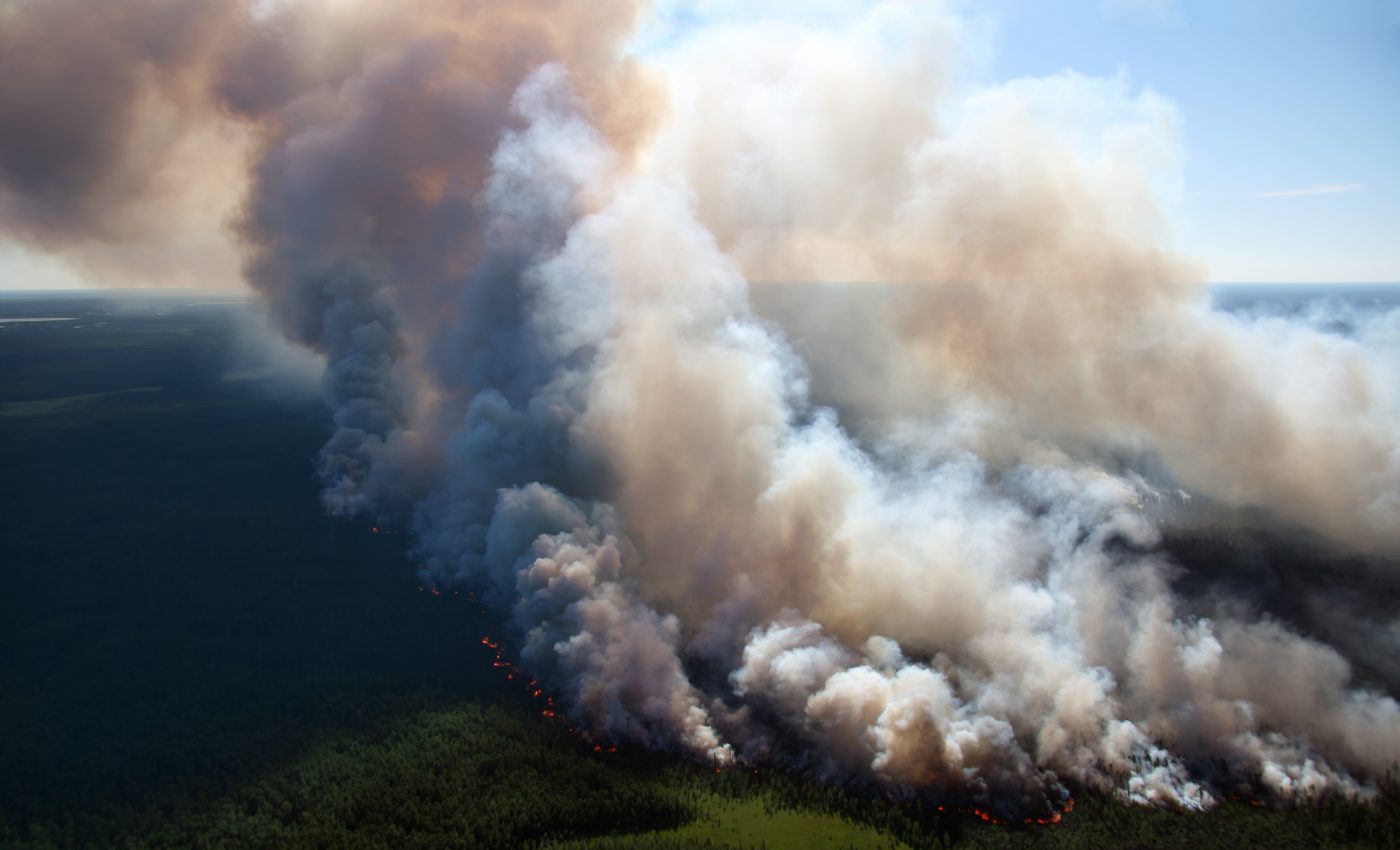
Wildfire smoke can cause immediate health complications
Wildfire smoke damages the respiratory and cardiovascular system almost immediately, according to a new study from the University of British Columbia. The researchers established a link between elevated levels of fine particulate matter and increased ambulance dispatches during wildfire seasons.
The study showed a spike in emergency calls related to respiratory and cardiovascular conditions within just one hour of exposure. In addition, the researchers found that individuals with diabetes were significantly more likely to experience health complications within 48 hours of wildfire smoke exposure.
“We have long known about the harmful health effects of wildfire smoke, but it’s alarming to see just how quickly fine particular matter seems to affect the respiratory and cardiovascular system. And the acute effects for people with diabetes is relatively new to us,” said study lead author Jiayun Angela Yao.
Particulate matter, or particle pollution, consists of tiny pieces of dust, soot, and dirt suspended in the air. Larger atmospheric particles can irritate the eyes and throat, but the fine particles are even more dangerous because they can get into the deep parts of the lungs or enter the bloodstream.
The researchers used statistical modeling to investigate the health impacts of particulate matter in wildfire smoke. They developed a mathematical model to analyze ambulance dispatches, paramedic assessments, and hospital admissions related to respiratory, circulatory, and diabetic conditions during wildfire seasons in British Columbia from 2010 to 2015.
Overall, more than 670,000 ambulance dispatch calls from over 500,000 individuals were included in the study.
The researchers said that the findings add to limited evidence on how quickly exposure to wildfire smoke can cause harmful health effects.
The study is particularly relevant during the ongoing COVID-19 pandemic. Viral infections that affect the respiratory and cardiovascular systems can become even more severe with exposure to air pollution in wildfire smoke.
Wildfire season is quickly approaching in British Columbia, and the research emphasizes an urgent need for public health measures to limit exposure to wildfire smoke, said the researchers.
“It is vital that everyone start preparing for wildfire smoke events to ensure that they are ready, especially since COVID-19 still a serious public health threat in B.C.,” said Yao. “Anyone with pre-existing heart and lung disease and diabetes is especially vulnerable and should consider purchasing air cleaners, and ensuring that they have adequate supplies of medication at home.”
The study is published in the journal Environmental Health Perspectives.
—
By Chrissy Sexton, Earth.com Staff Writer













